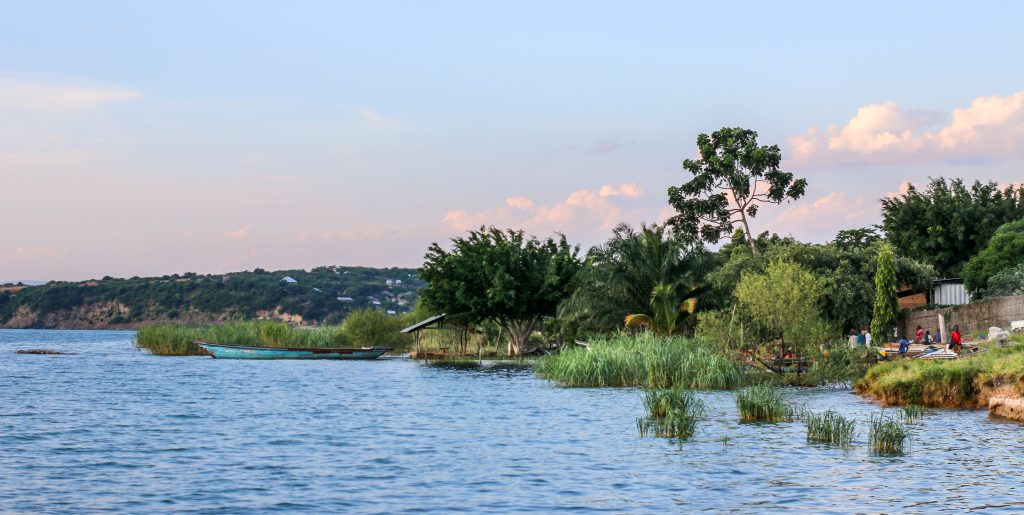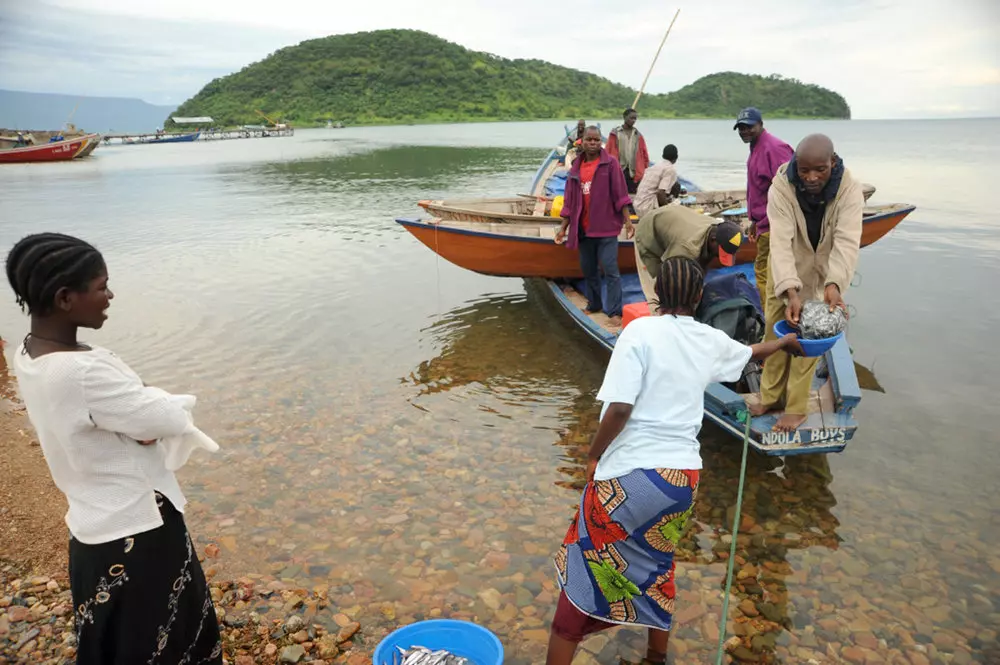How Operational Research Improved Tuberculosis Care in Zambia

In rural Mpulungu, at the Southern tip of Lake Tanganyika in northern Zambia, a patient seeking testing for tuberculosis (TB) must travel to the nearest clinic by mokoro, or small wooden canoe. For many residents, health services, including the transport of lab specimens and test results, are accessible only by boat. Altogether, this process can take days, with test results at risk of getting lost along the way, leaving patients waiting for treatment as their symptoms worsen. With one of the highest burdens of TB in the world, Zambia faces high mortality rates among TB patients, particularly in rural areas where three out of four people succumb within the first month of treatment.
Operational research (OR) has been a groundbreaking approach to addressing some of the healthcare challenges that rural Zambians face. OR differs from clinical research, which might focus on the safety and effectiveness of a treatment. The main goal of operational research is problem solving, and often requires the knowledge and experience of locals who are familiar with these problems. In a public health context, OR identifies challenges within healthcare systems and looks for solutions to make things more efficient and effective.
A recent Public Health Action article authored by epidemiology doctoral student, Ramya Kumar, sheds light on how operational research was an important tool for enhancing health services in Zambia. “Public health is local and operational research allows local researchers to create local solutions driven by routine data.” Between 2017 and 2021, the Eradicate TB Project implemented a training program to improve health system performance and strengthen Zambia’s capacity for increased tuberculosis testing, treatment, and care. Over four years, the program trained 36 district health workers. Of the 36 enrollees, 26 completed the program, producing 9 operational research studies that informed interventions for TB care improvement. These studies ranged from addressing TB mortality, to streamlining pediatric notifications.

Districts with OR trainees saw an increase in TB diagnoses, lower mortality, and greater efficiency of lab systems to speed up the process of getting tested. Additionally, OR helped reveal and address critical gaps in public health infrastructure. One study followed and tracked the losses of sputum samples and lab results during transportation to and from the lab and clinic. The findings from this study were later used by the Eradicate TB Project to advocate for funding to acquire motorbikes in order to establish faster and more reliable courier systems. Studies and resources from the training program were shared globally, and ultimately motivated larger studies to investigate nationwide mortality among TB patients.
These achievements signal to Kumar the need for multidisciplinary approaches for controlling infectious diseases beyond epidemiology alone. “As an epidemiologist, I was able to get trainees to appreciate data-driven decision making,” Kumar says. “But the application of operational research principles allowed us to use data to come up with locally relevant evidence.” OR gives providers and researchers solutions to unique problems that previous research might not account for, with greater implications toward better patient outcomes, stronger district health worker engagement, and influencing policy. Upon the program’s completion, seventy-three percent of graduates reported a significant improvement in their ability to apply operational research to urgent global health problems. For Zambia, the research may have been local, but the successes were far reaching.